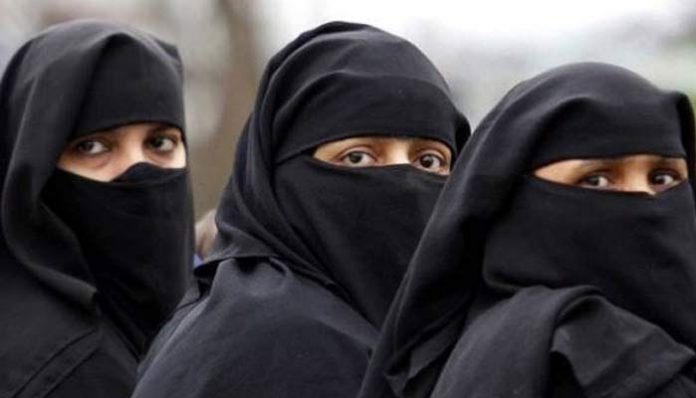Gandhinagar, (IANS): Amid the ongoing nationwide debate over triple talaq, a BJP legislator on Friday moved a motion in the Gujarat Assembly advocating the need to promulgate a law or initiate administrative measures to protect the marital rights of Muslim women.
Referring to the triple talaq issue, the Bharatiya Janata Party (BJP) legislator, said that “injustice is meted out to them (Muslim women), though Islam does not validate” this practice.
Moving the resolution on the last day of the budget session of the assembly, BJP’s Jagrupsinh Rajput said the legislation was a necessity “to protect the social and individual rights of Muslim women to ensure they live a life of dignity”.
Rajput went on to say that the Indian Constitution stands for protecting the rights of all its citizens and does not make any distinction on the basis of religion and caste.
“If distinction is being done on the basis of religion, then it becomes primary duty of the state to contain, stop and punish (such acts),” he said.
Rajput further said that Islam or its ideology has nothing to do with the practice of triple talaq.
“Quran clearly states that before giving divorce, all efforts need to be made to arrive at an amicable solution.
“In the given context, one needs to accept that divorcing women by just pronouncing the word ‘talaq’ thrice is sheer injustice. This is not a question of tradition or religion,” Rajput said.
Reacting strongly to such a proposal in the state assembly, veteran Congress legislator Gyasuddin Sheikh described it as the BJP’s move to polarise the electorate.
“BJP is showing a farcical sense of empathy towards Muslim women, and by wrongly talking about human rights, it is trying to defame Islam. This is first step by BJP to enforce Uniform Civil Code in the country by interfering in personal law,” he said.
In a press release, Sheikh also said that he was strongly against the practice of triple talaq and pointed out that neither the Quran nor Hadis supported the practice.
However, he said the BJP should stop interfering in Muslim Personal Law, as it is “unconstitutional”.

